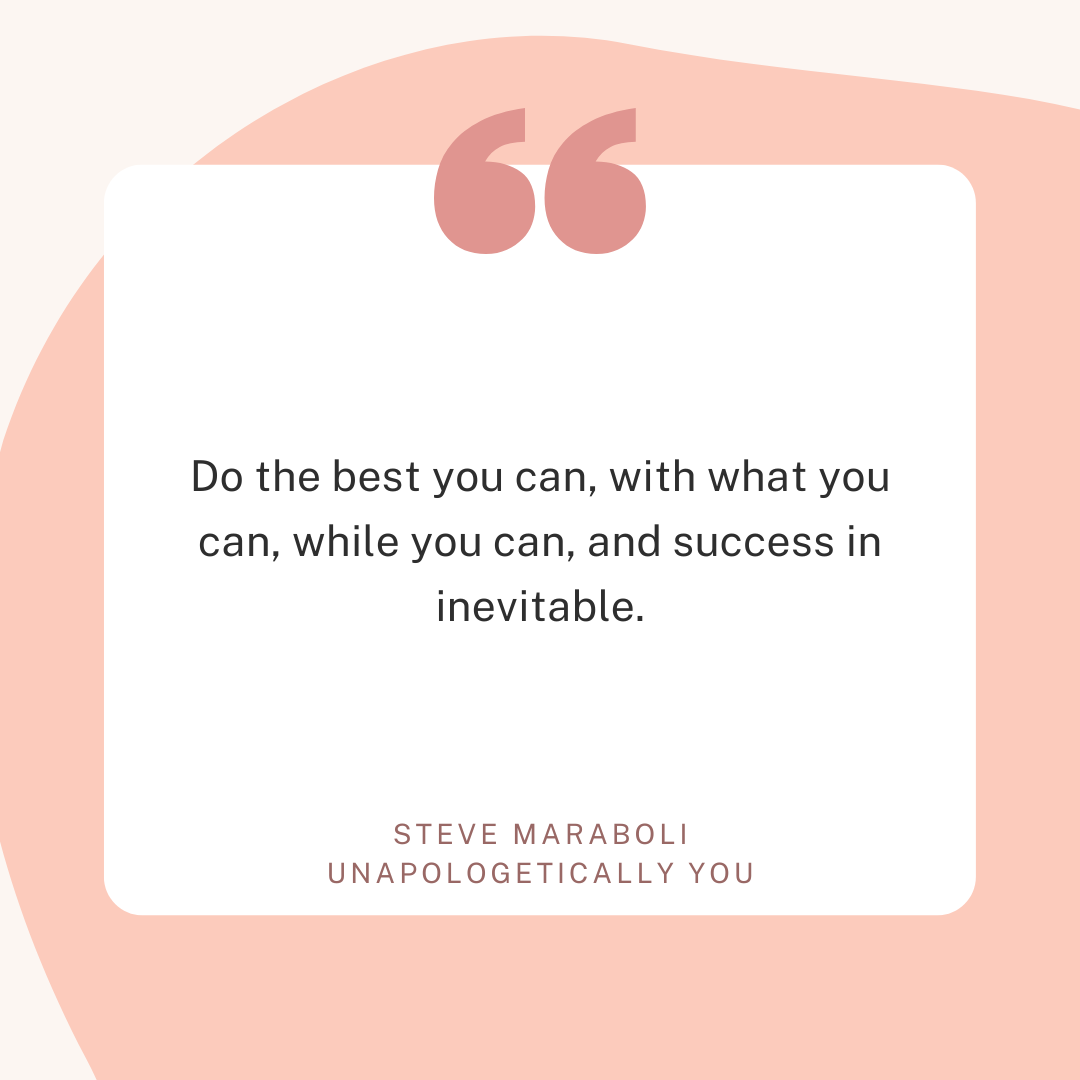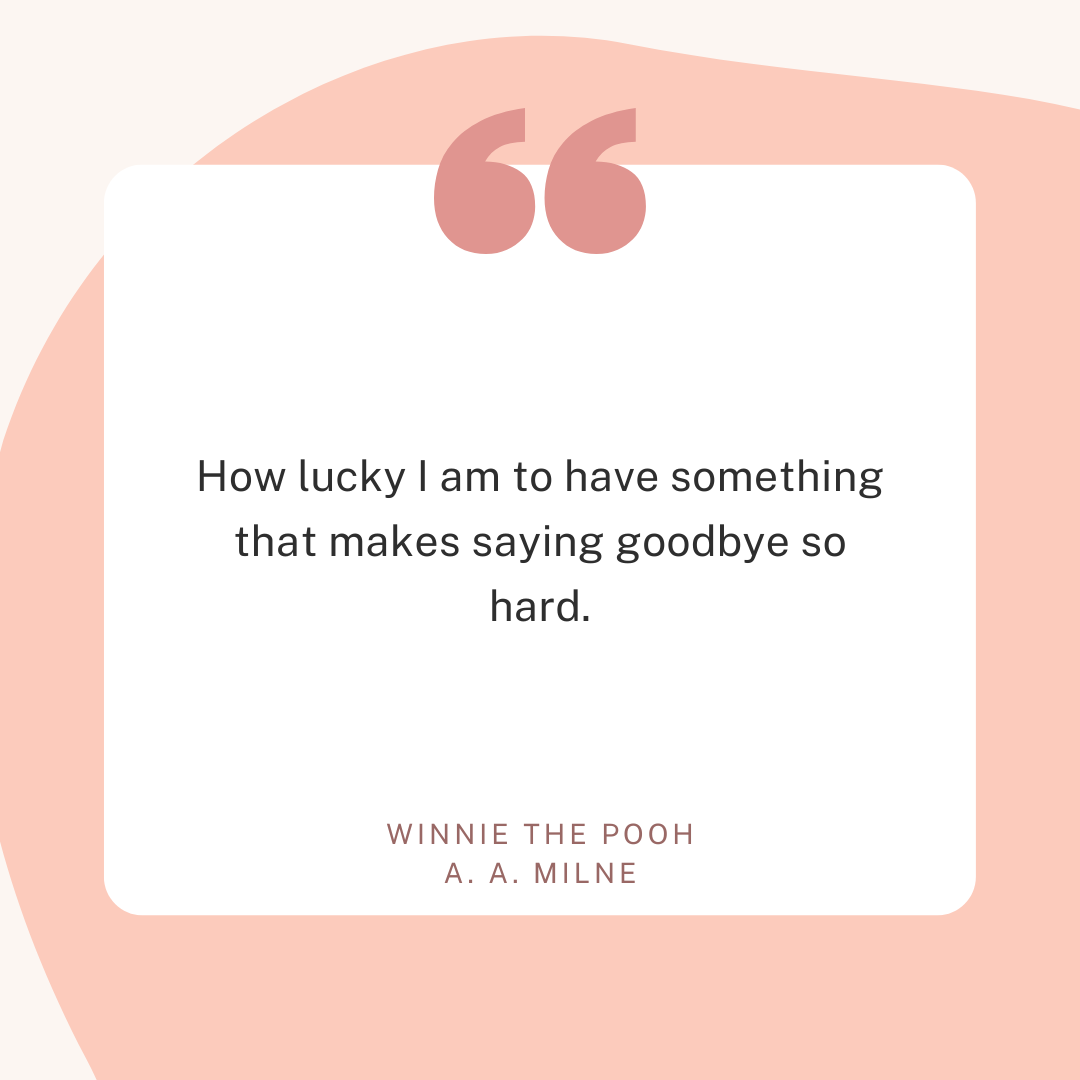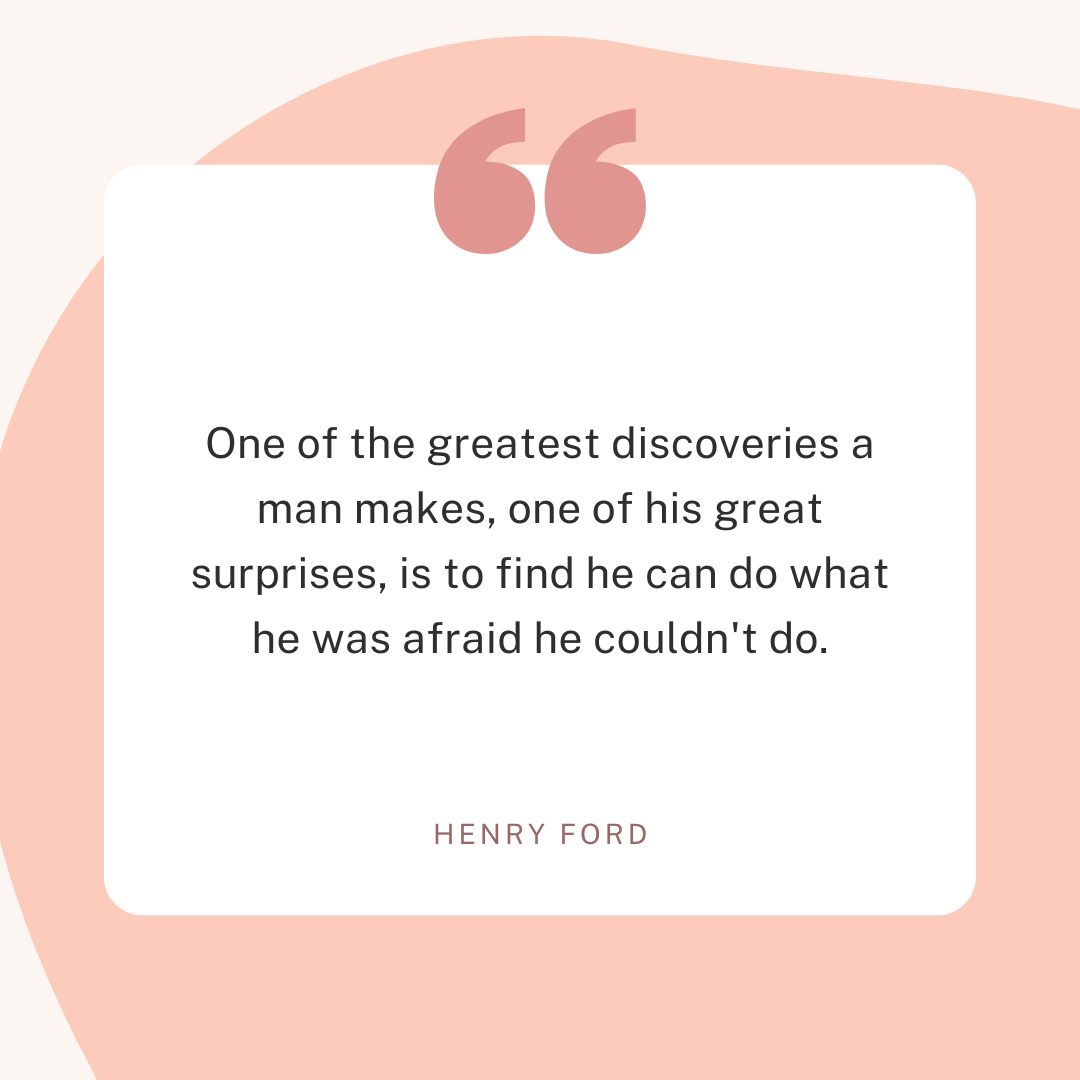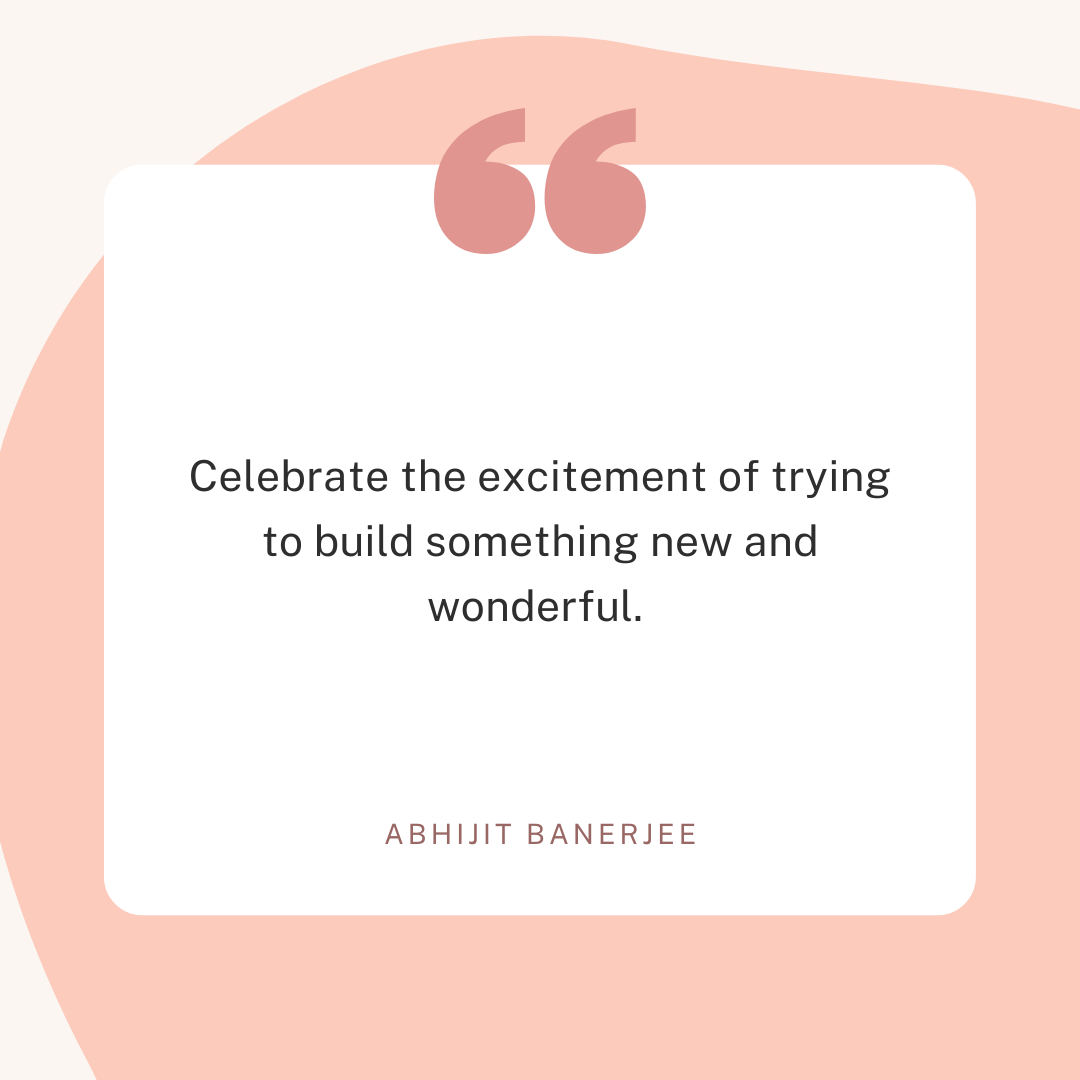It was 11:00 am. I was at the bar at the Crowne Plaza in Nottingham, and a phone call came through. A phone call I knew was coming about how I was leaving the project. The project that had been the last three years of my life, where I had learned so much, changed and built new lifelong connections. The call ended, the waiter delivered my hot chocolate, and it dawned that I was leaving.
At some time in our careers, we have all experienced this moment when we change jobs or move teams. Even when you know it’s right for you, you experience mixed emotions and may start to second-guess if this was the right decision and if you had made a mistake. This blog will cover some of the emotions that hit me and how I have been handling them.
The waves of guilt
My first realisation was that I wouldn’t be making it to the end of our current contract. I would leave my teams before they had completed the features they were building. It was only days earlier, but I knew I wouldn’t be there at the end with them.
My only mechanism for dealing with this initial wave is to ensure that I am confident that I have done my best for the team and the project and that the teams are set up for success as well as they can be. If I genuinely believe that, there is nothing to feel guilty about.
The second wave followed shortly afterwards. There are hundreds of things, big and small, that I want to do or have said I would do. In reality, none of these will be completed by me. I can no longer clean up the mistake I made two years ago or add that new compiler which we wanted to. I started to question if this was the right time to leave.
The truth is there is never a right time to leave a project or a job. There will always be things you wish you had done. There is no way everything will be perfect, and even if I had another decade on the project, this would still be the case.
The third wave came when I heard the word handover, who will take over doing x, and who needs to know about y. How will the project cope without me?
I’ve seen the answer to this one, and it’s never nice to hear. You are replaceable; if you went off sick, your project would not bat an eyelid replacing you. In this case, I am handing over my responsibilities to some great people which I hugely respect. I can leave with the confidence the project can continue without me.
Everything I could feel guilty about, I shouldn’t as long as I can with my heart say the quote below applies to me.

Feeling sad
Whatever the reason for leaving a project or a job, there will be a sense of sadness. There will be things you will miss, big things like the people or the culture or small things like the snacks in the fridge (or lack of them).
For me, it has always been the people. I like most of the people I work with, and the idea that you may never work with, see or talk to specific people again can be heartbreaking.
I’m not too fond of goodbyes, and I’m sure you aren’t either. My trick is making sure it’s never a goodbye; it’s always cya later. There are a few ways you can handle this.
Firstly, even if you aren’t leaving a project, make sure all of the people on your project are part of your social network. This is the easiest thing to do, and I’ll make sure everyone is connected to me on LinkedIn so that I can see them at a distance.
Secondly, make sure you have plans to meet people you will no longer work with or generate opportunities to bump into them. That could be bumping into them in the office (if you are changing teams or projects) or arranging a coffee or a drink. Those who know me know I’m terrible at the latter. Knowing you will see someone again will make the goodbye easier.
On my last project, our lead ended our final team meeting with a quote from Winnie the Pooh (see below). It was the final day for all of us. COVID had just hit, and we were working from home. There were a few tears shed that day, and that’s ok. The good thing was once the lockdowns ended, and we could get together and do a proper goodbye. For me, though, I will be hiding off camera on 24th February, my last day

Facing fears
Moving projects or jobs can be a significant change in your life. Dealing with new people, processes, problems, technologies and responsibilities, there is a never-ending list. I could write weeks’ worth of blogs on different fears; however, I’ll focus on imposter syndrome.
Imposter Syndrome is when how you feel conflicts with how others think about you. You have fears that you aren’t good enough for a role or don’t know the right technologies, and eventually, you will be caught and be exposed.
For me, these feelings occur in two scenarios: 1) When I’m stuck and don’t know how to solve something. Microsoft Application Insights gives me nightmares. 2) When joining a new project or job.
Focusing on the second point, my next project is my first discovery and proof of concept build, the first time I’ve been in this role when joining a project and the first time without the nice big safety net of other technology leaders—lots of new things.
From experience, the fear always subsides within the first few days of a new project. When you know the team is friendly, the technology is pretty good, and you settle in. Until that happens, I practice the good old technique of fake it to you make it, as well as getting used to saying the phrase “I don’t know”. The fake confidence eventually turns into real confidence, and away you go.
The key to mastering your fears is understanding how they work once you know them, you can work out how to face them when they appear. You shouldn’t aim to eliminate all fears, as a little bit of fear is good for you and can help you avoid taking unnecessary risks.

But there is one emotion that rules them all.
So far, I’ve talked about guilt, sadness and fear. There is a fourth emotion I feel, excitement, which is stronger than the other three combined. I’m excited to face a new challenge, meet new people, learn new things, and grow.
The excitement is why I know leaving the Theory Test project is right for me. It’s the first question I ask myself when an opportunity comes along. If the answer is “Yes”, I dive right in and grab it with both hands. Sometimes it works out, and sometimes it doesn’t. You have to take a risk sometimes.
